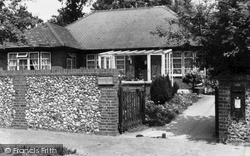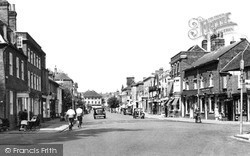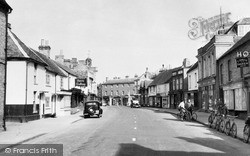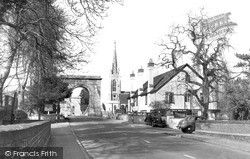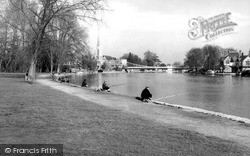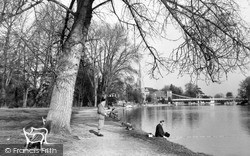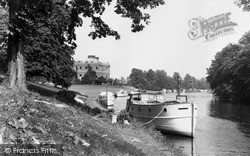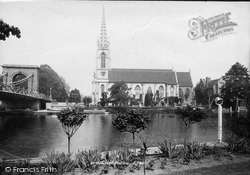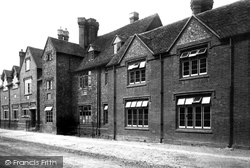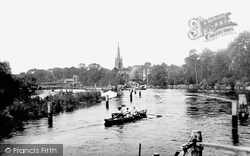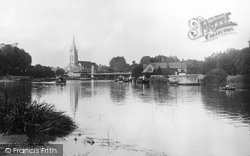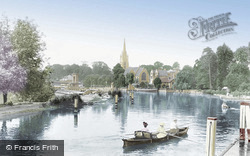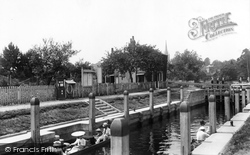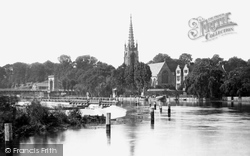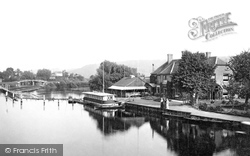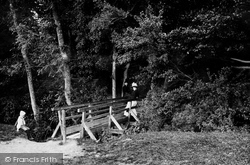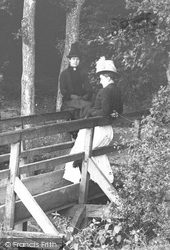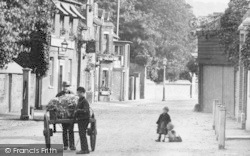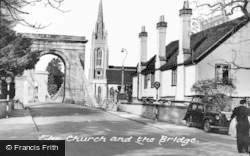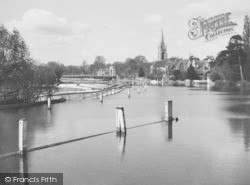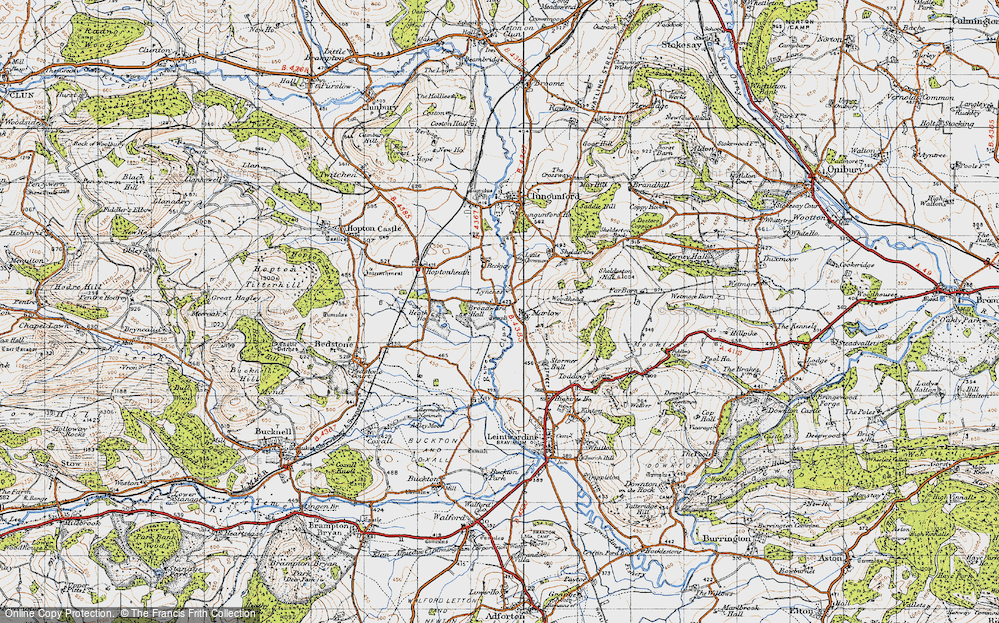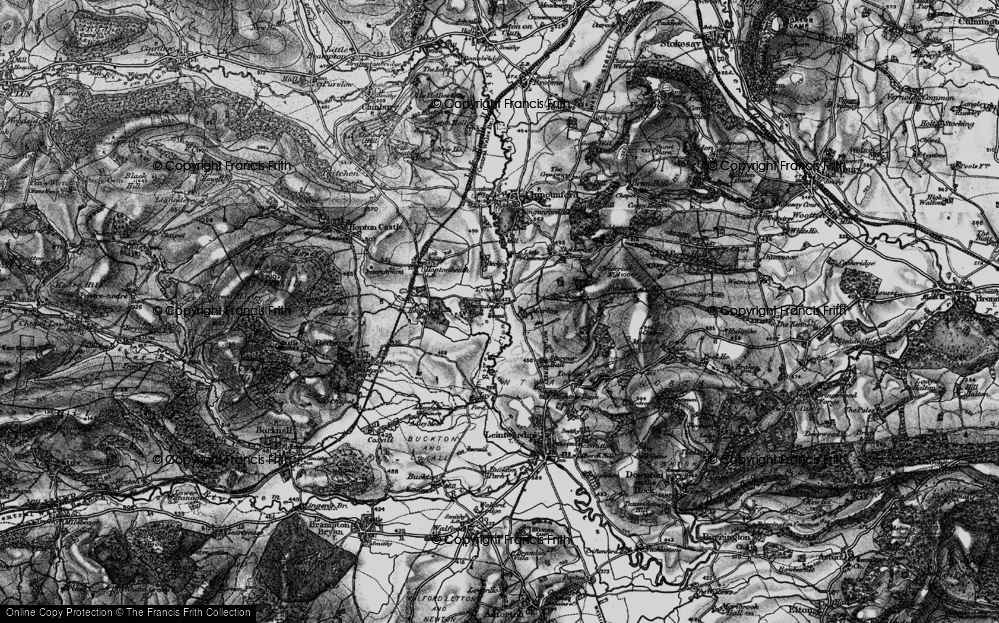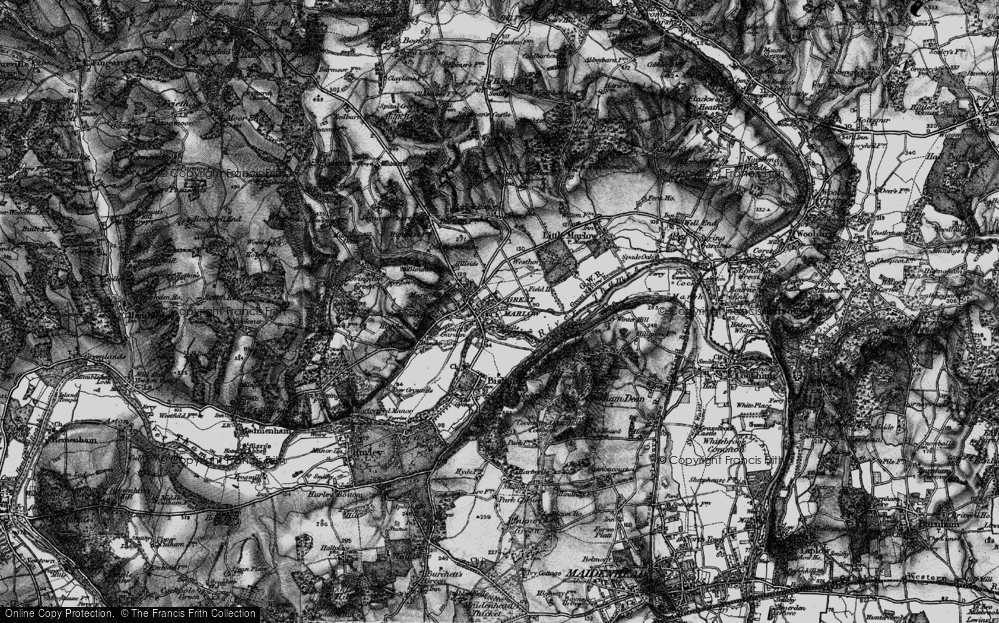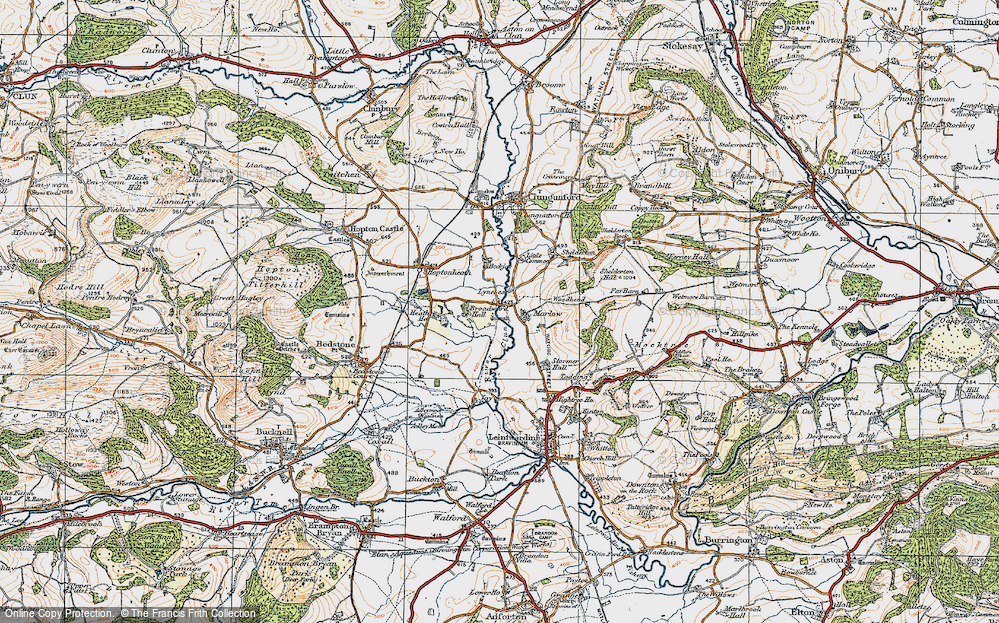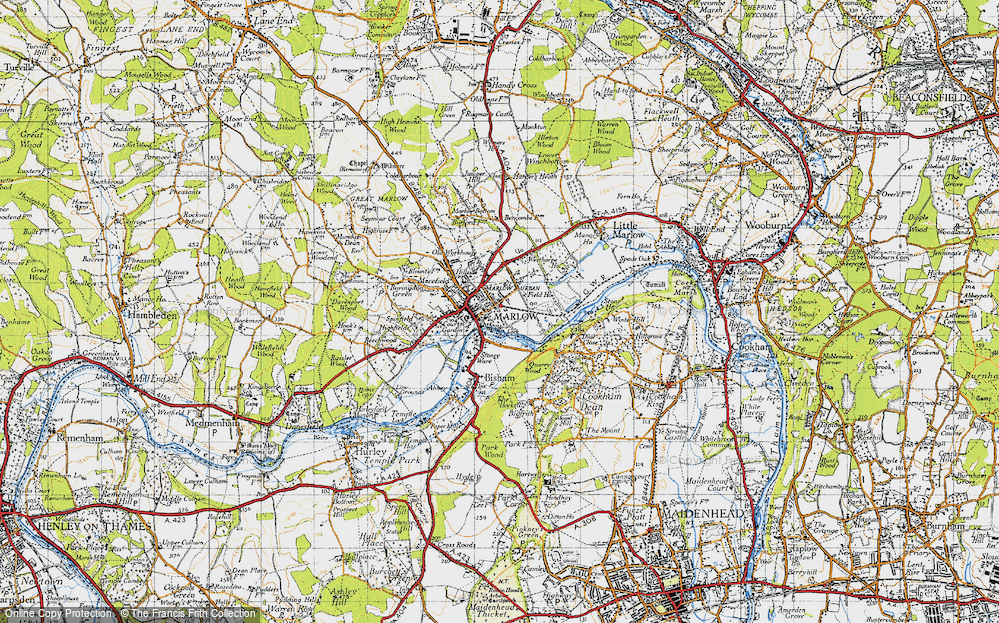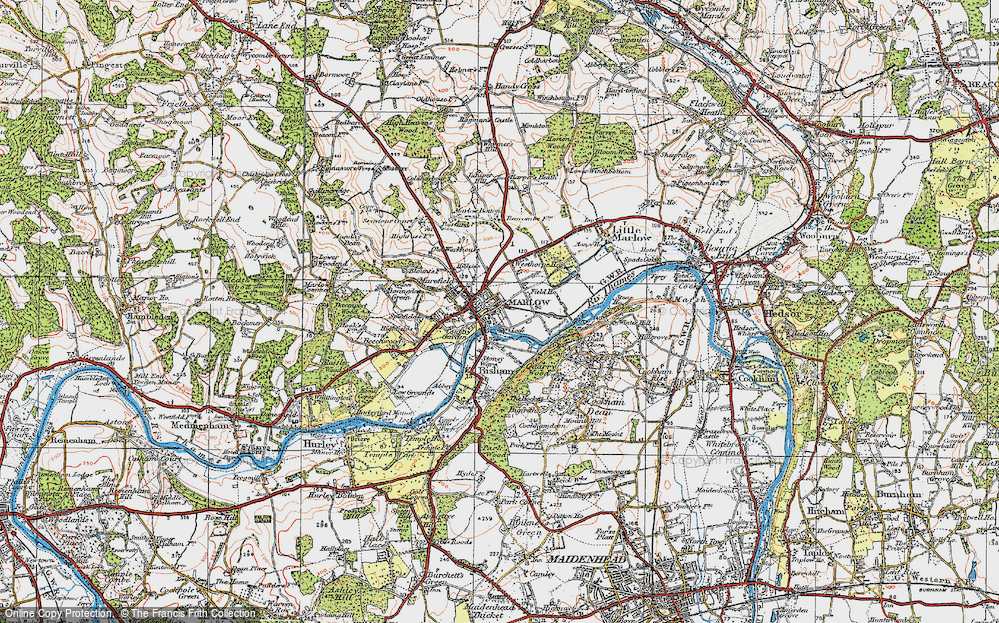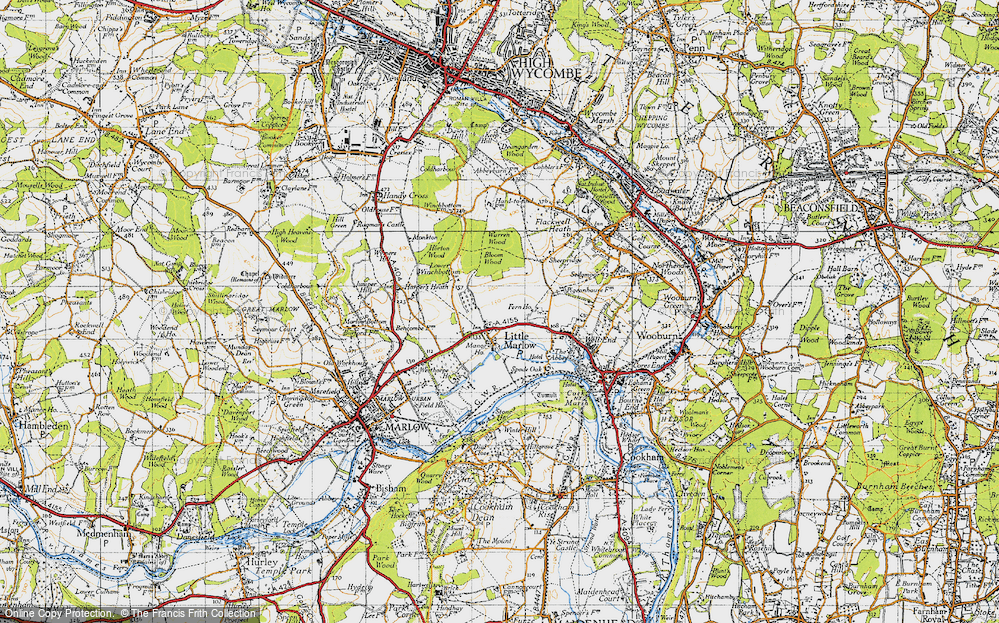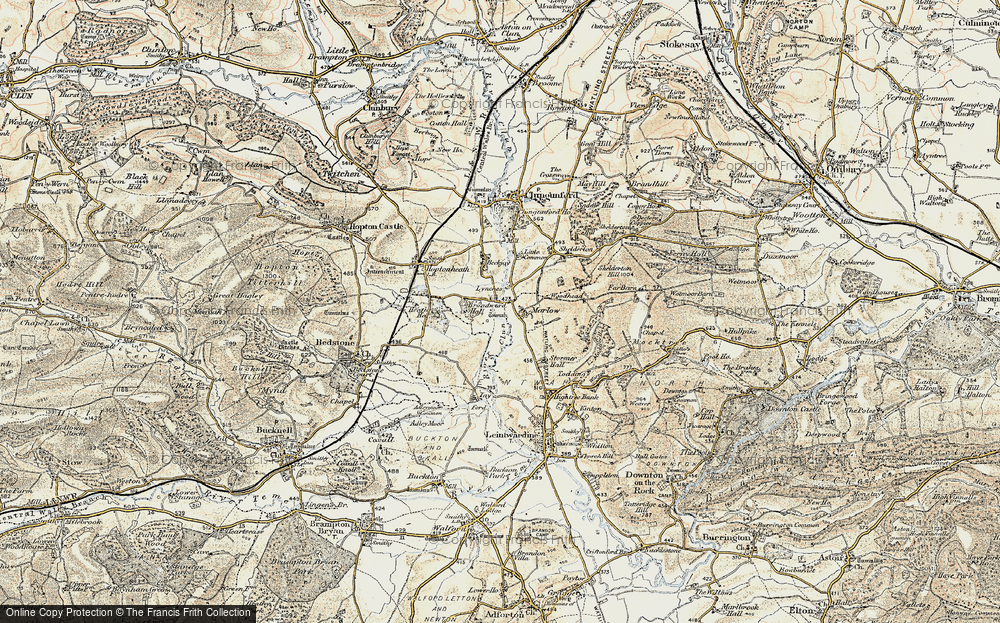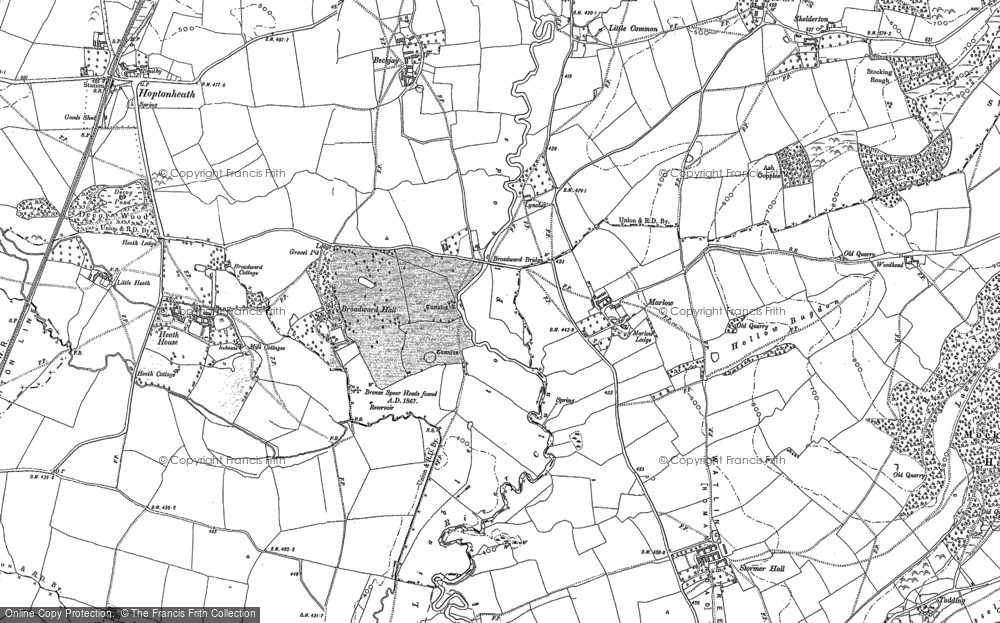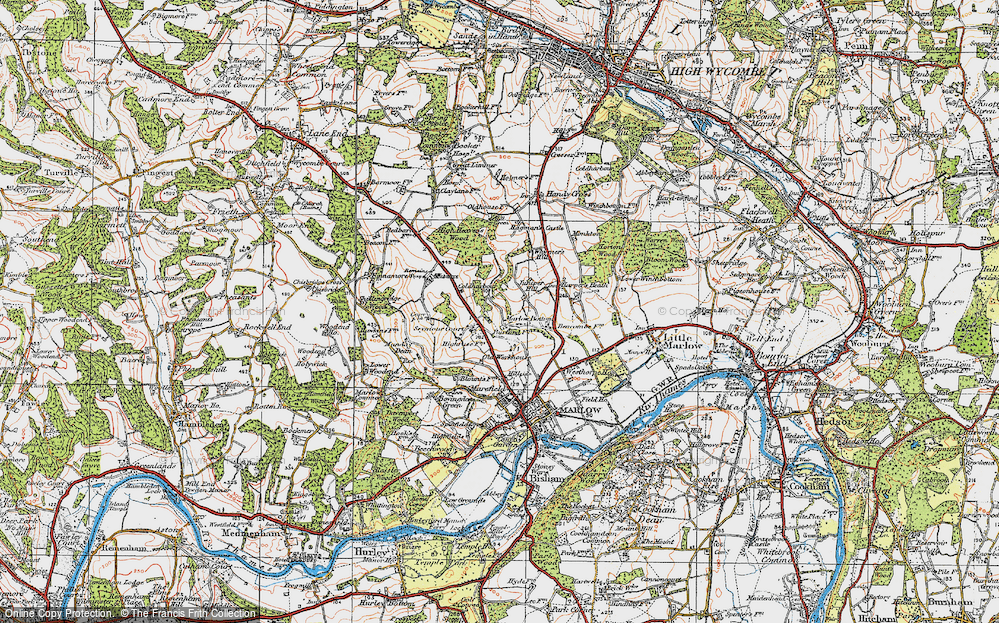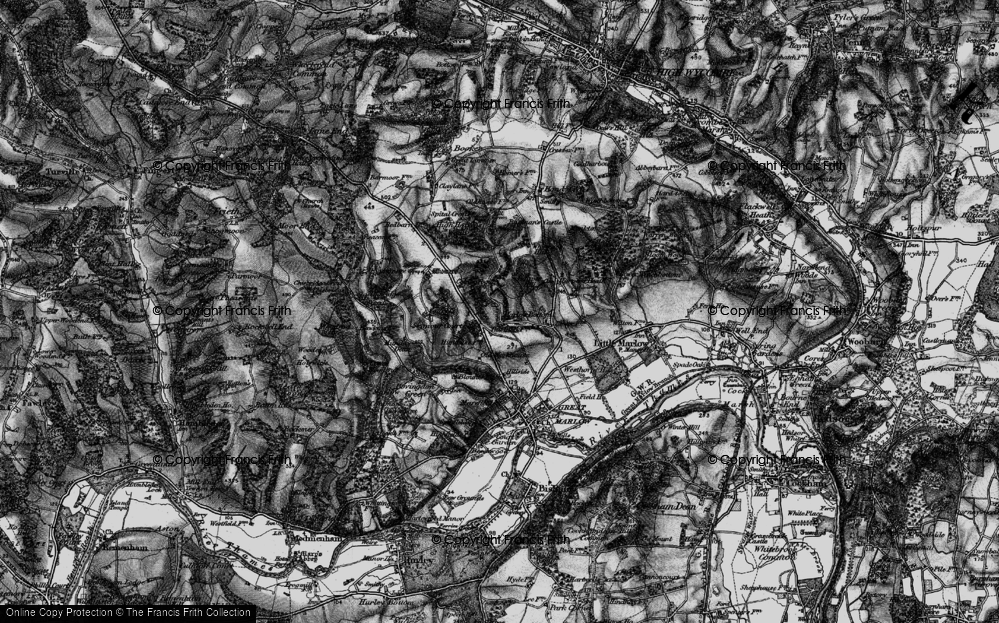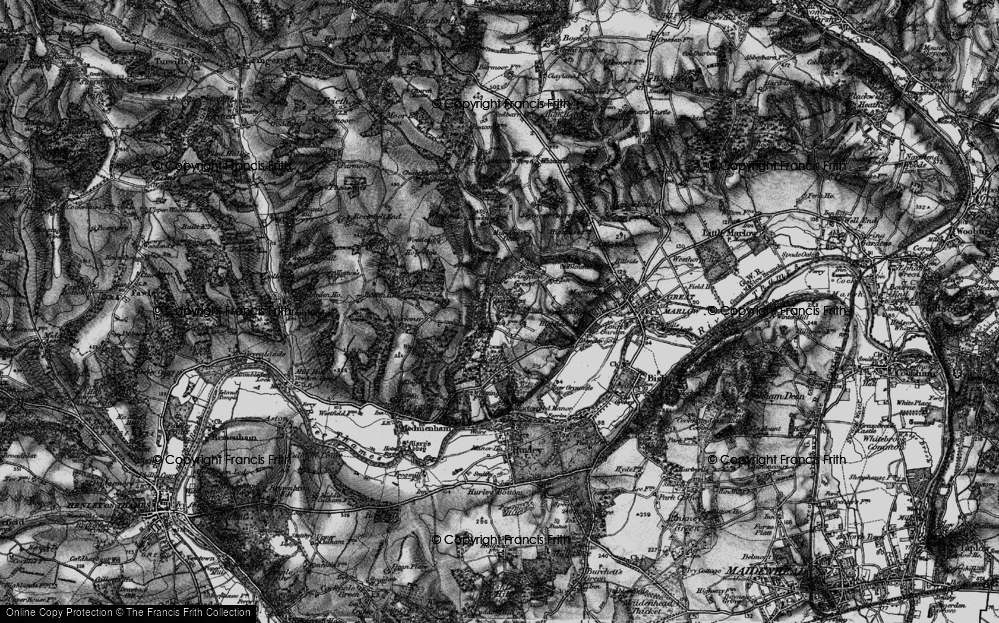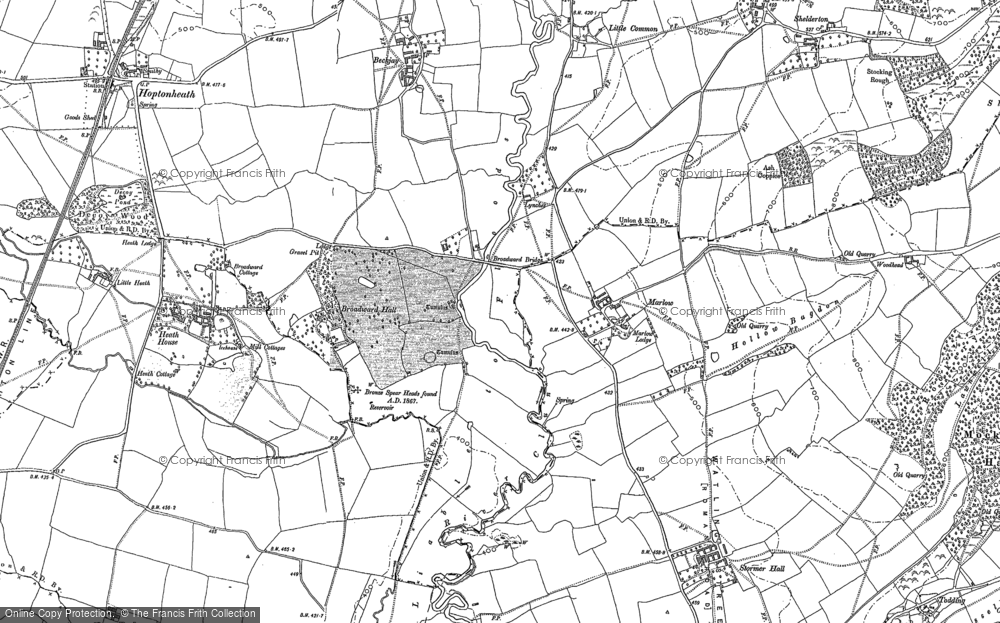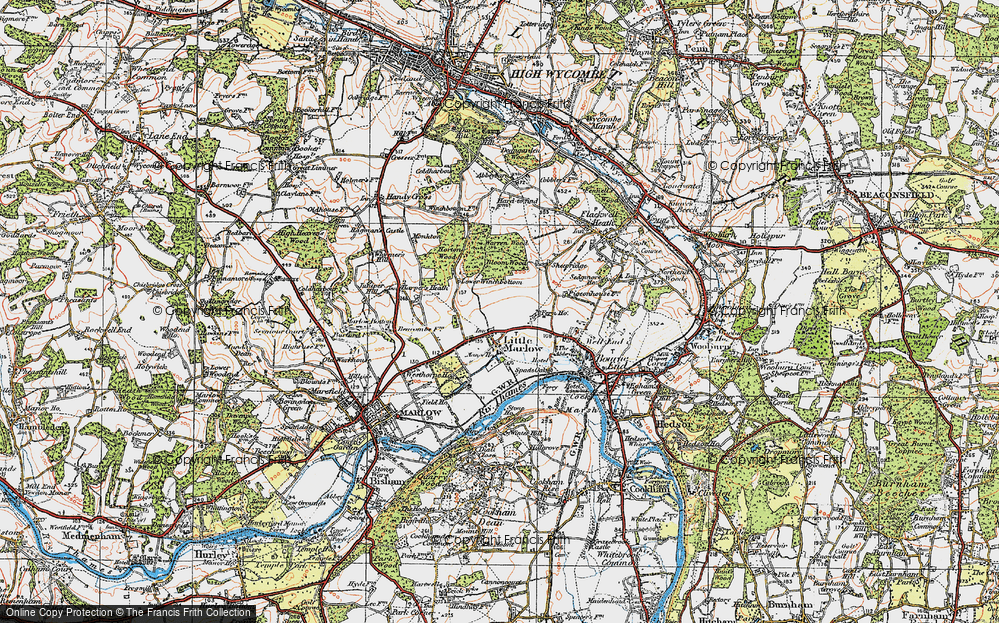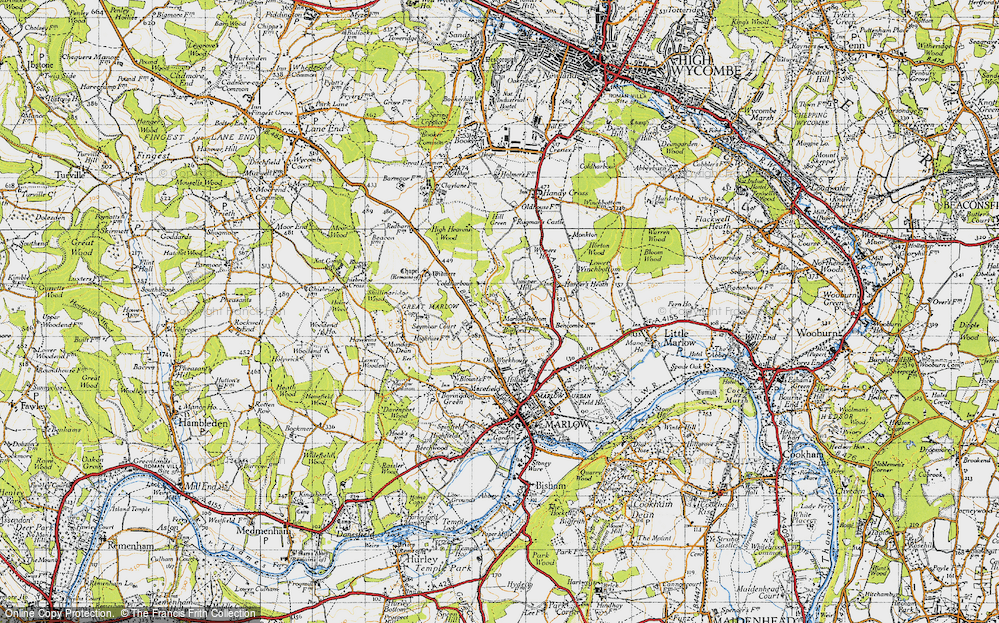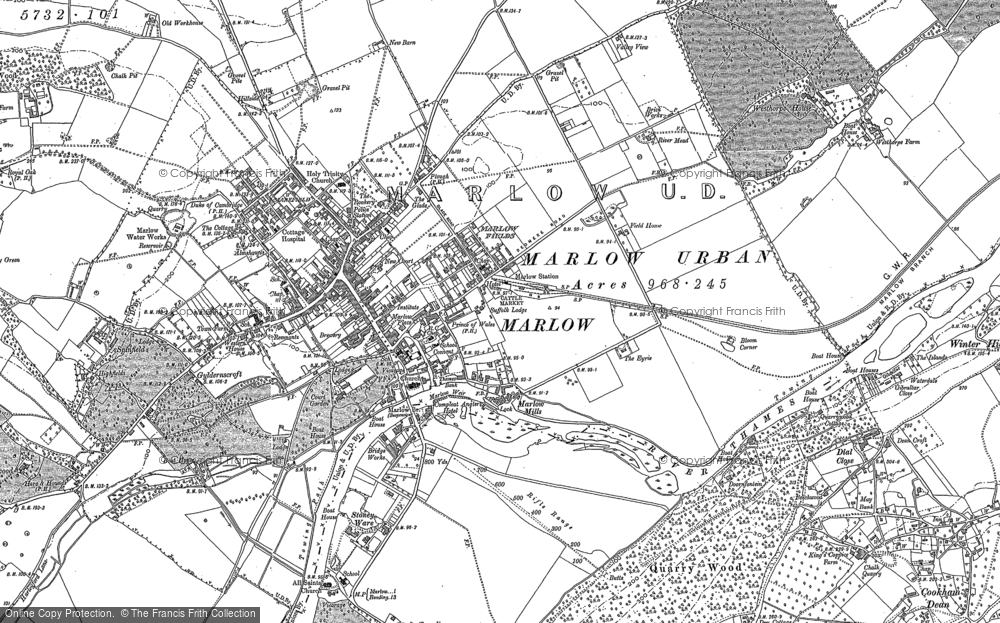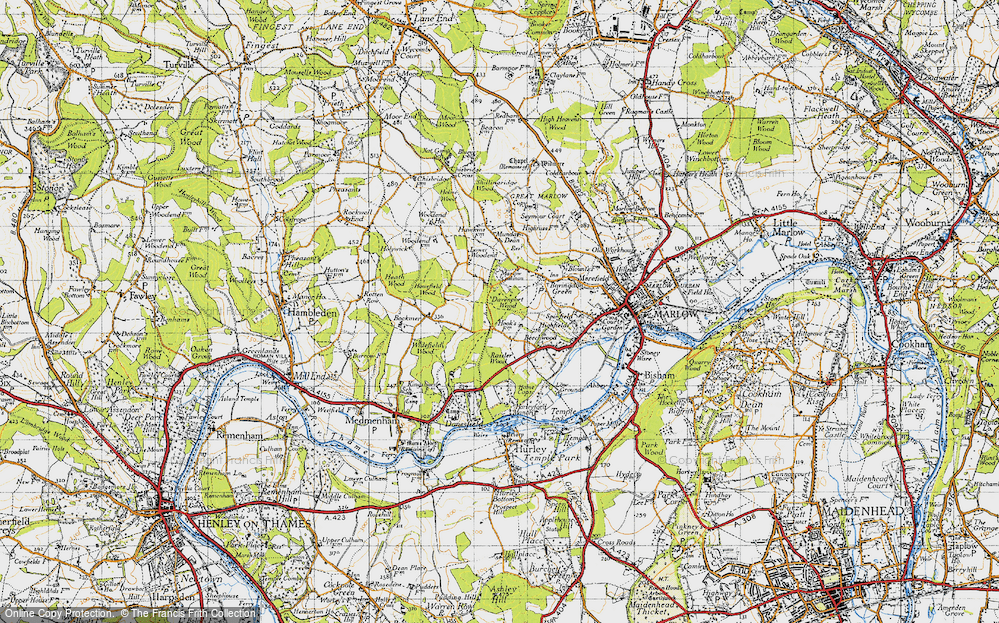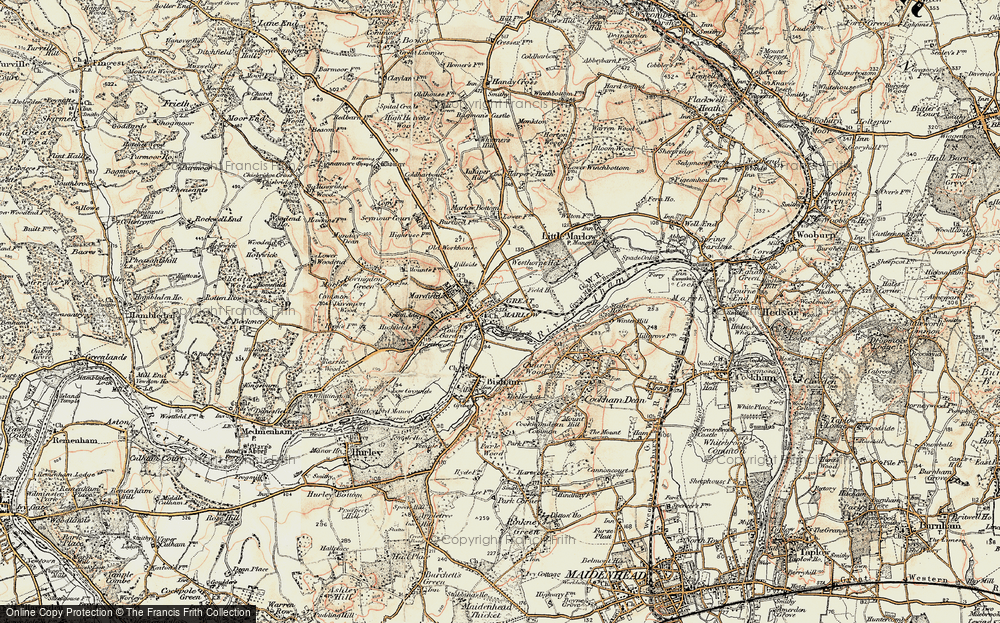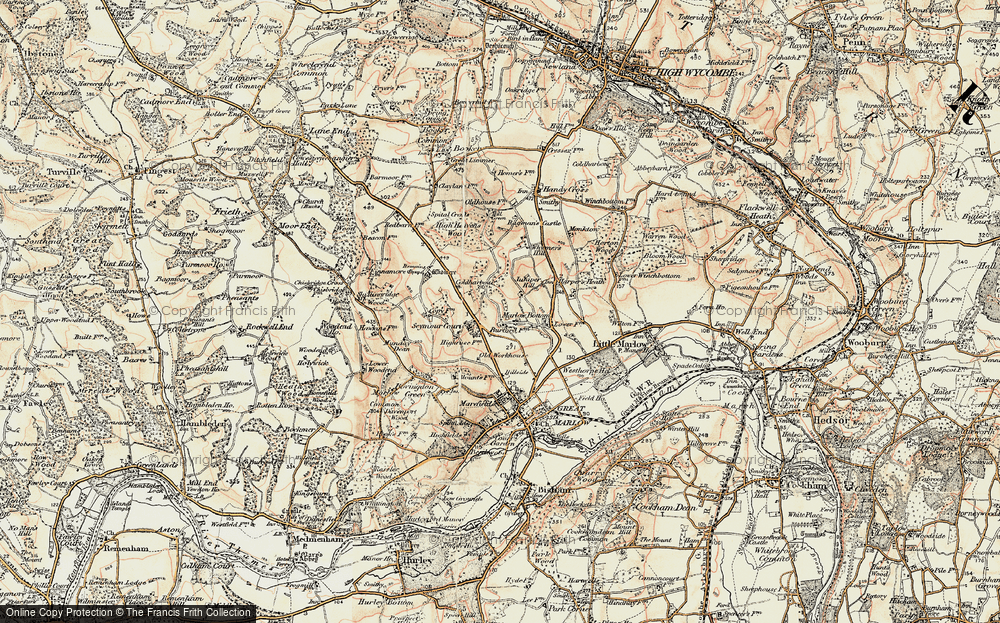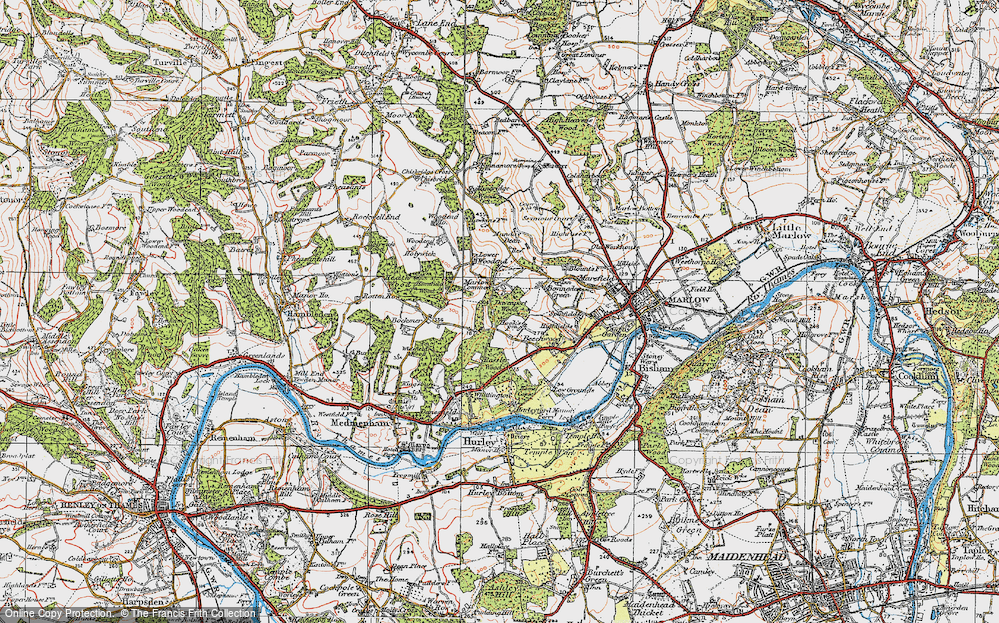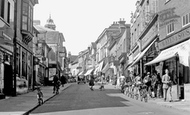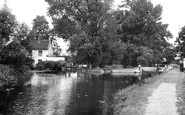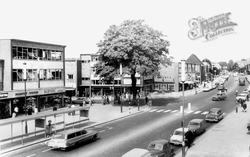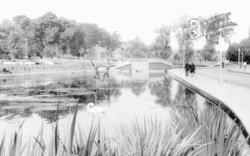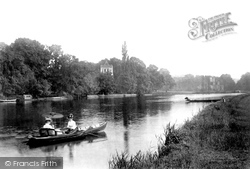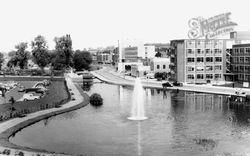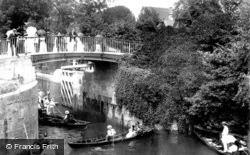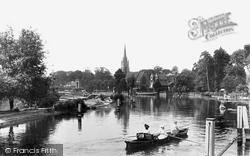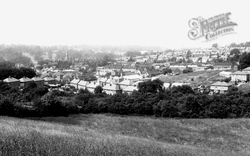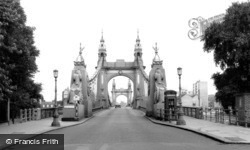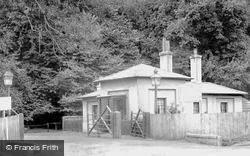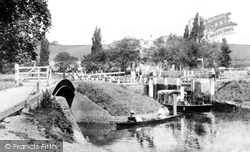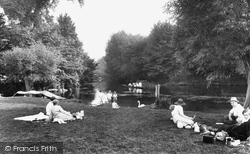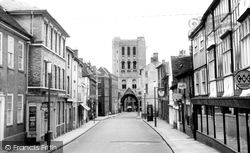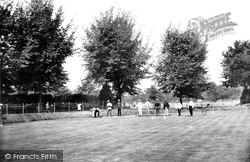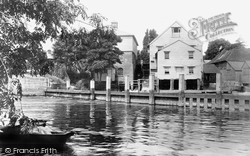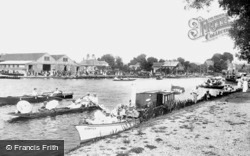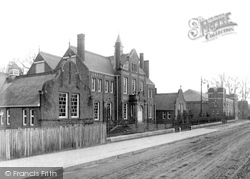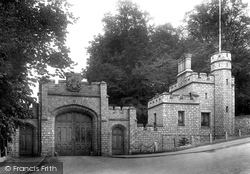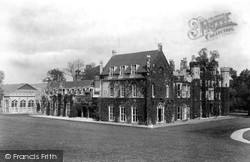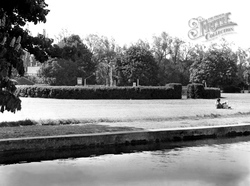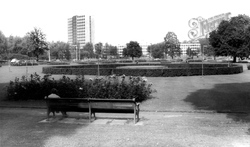Places
5 places found.
Those places high-lighted have photos. All locations may have maps, books and memories.
Photos
149 photos found. Showing results 1 to 20.
Maps
45 maps found.
Books
Sorry, no books were found that related to your search.
Memories
119 memories found. Showing results 1 to 10.
Learning To Swim On The Rye
I was born in Amersham Hospital in 1956. It should have been the Shrubbery, but it was full on the day I decided I had had enough of the womb. Cut to the mid 60's and I'm a student at Crown House Primary in London ...Read more
A memory of High Wycombe by
25 Years In Beaconsfield.
Born in Wembley, I arrived in the New Town of Beaconsfield in 1957 aged 5. With my younger sister and my parents. I left home at 17 but returned occasionally until 1981 when my parents moved to Scotland. I lived in ...Read more
A memory of Beaconsfield by
My Birth Place
I was born in Hemel Hempstead in March of 1957. My parents came from Portsmouth and County Durham. They met in London and moved to Hemel Hempstead, which was a new town, in search of good housing, school for my 5 year old ...Read more
A memory of Hemel Hempstead in 1957 by
St.Matthias Youth Club 1950s
I was born in December 1939 in Redhill Hospital which then changed to Edgware General. My parents Bill and Gladys Wyness lived in Marlow Court, Colindeep Lane and my maternal grandparents lived in Chalfont Court also in ...Read more
A memory of Colindale by
Old Hemel
The old High Street, before Marlowes Town Centre was built.
A memory of Hemel Hempstead in 1957 by
Coronation
A party was held on Riverhall street to celebrate the Queens Coronation. It poured down with rain and the girls went somewhere under cover, I think the boys stayed in the rain. Played many games and took part in races. My sister was a ...Read more
A memory of Wandsworth in 1953 by
Where I Grew Up With My Sister Christine & Dog Judy
This picture is the view from the main road of Harlow lock, Old Mill Resturant and weir and the towpath where the rowing boats and canoes were moored when I lived there. They were moored both sides of ...Read more
A memory of Harlow in 1950 by
Watching A New Town Grow.
We moved to Harlow from Leyton shortly after Queen Elizabeth’s coronation. We were all given a commemorative book. Our house was in a row which was completed; the rest was a huge building site - magic for exploring kids! I ...Read more
A memory of Harlow by
When We Had A Shop
I was born in Little Marlow in 1947 and lived three doors away from the village shop, run by Miss Littlewood. I would go there and weigh the sultanas, currants etc., and put them into little blue bags. My Mum (Phyllis ...Read more
A memory of Little Marlow in 1950 by
Fedsden 1957 Onwards
Just seen this thread - but can’t find the Facebook site mentioned. Have been looking at the description of Parndon Hall on the Heritage Open Days website for Harlow - sounds like it is now rather run down and in need of ...Read more
A memory of Great Parndon by
Captions
46 captions found. Showing results 1 to 24.
Originally a tree lined thoroughfare, Marlowes when it was developed in the early 1950s became the main shopping centre for the new town.
Mills and rows of cheap housing were swept away during the development of Marlowes in the new town of Hemel Hempstead.
Moving further downstream towards Marlow, we reach Bisham on the Berkshire side, seen here from the towpath just beyond Marlow's Higginson Park.
When the New Town was being built many new streets were named after people linked with the town: King Harry Street, Waterhouse Street and Combe Street, are adjacent to Marlowes where the first
He lived his last few years in Marlow, further upstream, and is buried in its churchyard.
Marlow, and Henley further up river, were important inland ports handling mainly the corn, malt and timber of the Chiltern Hills behind them.
Jerome K Jerome, who wrote 'Three Men in a Boat', lived near this part of the River Thames in Marlow.
With the wide expanse at the top of Marlowes, this area became an overflow for the cattle market.
This replaced William Tierney Clark's suspension bridge of 1827, a smaller version of which survives across the Thames at Marlow.
The popular Complete Angler Hotel lies on the Berkshire bank and looks out across the Thames to Marlow.
York Town - the older part of Camberley - grew on a grid-pattern from the military set-up when the army moved here from Marlow in 1812.
He lived his last few years upstream in Marlow and is buried in its parish churchyard by the river.
The lock, its footbridge and the lock-keeper's house have all recently been completely rebuilt as part of a major programme of upgrading all the locks and weirs along the Thames above Marlow.
Downstream beyond Marlow the Thames reaches Cookham, where it blunders about and divides into three channels before turning south by chalk cliffs.
On the right are the Edwardian buildings occupied by Marlow's from 1925 to 1975, Watson's Post Office and the Queens Head.
Built in 1833 by William Tierney Clarke, whose Marlow and Budapest bridges survive, it was replaced in 1923 and again in 1987.
By the 1980s, the market and the linear shopping area in Marlowes were dated and losing trade.
The popular Complete Angler Hotel lies on the Berkshire bank and looks out across the Thames to Marlow.
East of Marlow, where the river bends south, Townsend's and Shaw's boatyards and their wharves were a focus of boating activity in the heyday of the late Victorian and Edwardian boating boom.
Along the Marlow Road at the west end of Kidwell's Park is the former Technical School, dated 1895.
These included the lodges which were built on the High Street at the end of the carriage drive (their sites are now the Library Gardens), by 1901 re-erected half way up Marlow Hill, and the lodge
This was changed dramatically by the 1768 Turnpike Trust Act; it established a fine toll road from Hatfield to Reading via Amersham, High Wycombe and Marlow.
The canal meets the River Gade at Heath Park, to the south of Marlowes.
Although the bridge which spanned the entrance to Marlowes was dirty and shabby, over 500 people watched it being demolished at midnight on 6 July 1960.
Places (5)
Photos (149)
Memories (119)
Books (0)
Maps (45)


